NDO - On the morning of January 10, the Ministry of Science and Technology, in coordination with the People's Committee of Can Tho City and Can Tho University, organized a scientific workshop on "Implementing the Science and Technology Program to serve the goal of achieving net zero emissions in Vietnam for the Mekong Delta region". This is an important event, marking a new step forward in the effort to realize the Net Zero goal in the Mekong Delta region.
Speaking at the workshop, Minister of Science and Technology Huynh Thanh Dat emphasized: The Mekong Delta, a fertile land and the largest rice granary of Vietnam, is facing serious challenges due to climate change. This is the region most heavily affected by rising sea levels, saltwater intrusion, landslides and extreme weather changes. These challenges not only threaten the livelihoods of millions of people but also seriously affect the socio-economic development and food security of the whole country.
Responding to the direction of the Party, Government and Prime Minister, the Ministry of Science and Technology has promptly coordinated with agencies, organizations, scientists and experts to develop and implement the National Science and Technology Program KC.16/24-30 to serve the Net Zero goal. This is a specific and timely action, demonstrating Vietnam's strong commitment to implementing the goals committed at the COP26 Conference.
The Net Zero Science and Technology Program is an important platform to promote breakthrough solutions such as carbon capture and storage technology, greenhouse gas emission reduction, green transformation and circular economic development. This is not only an opportunity to improve the quality of the living environment, protect biodiversity but also a driving force to promote innovation, create jobs in the green technology industry, and enhance Vietnam's competitiveness in the international arena.
Although the set goals are challenging, the Ministry of Science and Technology hopes that with a sense of responsibility, determination and close coordination between state agencies, businesses and the scientific community, we will turn these challenges into opportunities. The Mekong Delta will not only be a pioneer in responding to climate change but also a region with many innovations, solutions for sustainable development and innovation.
The Net Zero Science and Technology Program is one of the timely actions of the Ministry of Science and Technology to implement the direction of the Party, Government, and Prime Minister on building a national program to serve the goal of achieving net zero emissions by 2050. This program not only goes hand in hand with existing national programs but also focuses on breakthrough solutions, especially green technology and greenhouse gas emission reduction, contributing to the implementation of Vietnam's commitment at the COP26 Conference.
A new highlight of the program is the implementation method based on the "target-based approach", mobilizing maximum resources and intelligence from the business community, research institutes, universities and state agencies to solve specific national goals.
Mr. Duong Tan Hien, Permanent Vice Chairman of Can Tho City People's Committee, said: In recent times, climate change, rising sea levels and land subsidence have occurred faster than forecast, causing many extreme weather events, affecting the livelihoods and lives of people in the Mekong Delta in general and Can Tho City in particular. The exploitation of water resources in the upper reaches of the delta has changed the flow, reduced the amount of alluvium, depleted aquatic resources, and deeply intruded saltwater into the region, negatively affecting the city's socio-economic development. On the other hand, high-intensity economic development activities in the region have led to many environmental problems, ecological balance, etc.
As the central urban area of the Mekong Delta in terms of economy, culture, science, technology, education and training, in recent times, Can Tho city has been effectively implementing many tasks and solutions of turning point significance with the orientation of green development and green economy in the region. Proactively responding to climate change, preventing natural disasters, managing, using resources economically and effectively, protecting the environment according to the green transformation trend, developing a green economy, low carbon, circular economy, restoring ecosystems towards sustainable development and zero net emissions, etc. are the development goals that Can Tho city is aiming for.
In Decision No. 1519/QD-TTg on the planning of Can Tho city for the period 2021-2030, with a vision to 2050, Can Tho city is identified as the growth pole of the Mekong Delta; an ecological, civilized, modern city, imbued with the cultural identity of the Tay Do region; an urban center, a center for trade services, tourism, logistics, processing industry, high-tech agriculture, education and training, specialized healthcare, science and technology, culture, and sports of the Mekong Delta region...
In 2023, the Provincial Green Index (PGI) of Can Tho city ranked 17th in the national rankings, up 13 places compared to 2022. Recently, within the framework of the OPCC 2023-2024 program on the occasion of World Environment Day, the World Wide Fund for Nature (WWF) announced and awarded the title of "National Green City" in 2024 to Can Tho city for the tireless efforts that the people and the city government have achieved.
To proactively respond to extreme climate change phenomena and ensure increasingly sustainable socio-economic development goals, Can Tho City has proactively updated the Action Plan for Climate Change Response for the 2020-2030 period with a vision to 2050; integrated climate change into the Development Plan of each sector and field; conducted a pre-feasibility study on developing climate risk insurance solutions for Can Tho City.
With its position as the economic, scientific, technological and innovation center of the Mekong Delta, in recent years the city has actively implemented ecological, circular and organic production models, focusing on reducing methane emissions, integrating solutions to reduce greenhouse gas emissions to respond to climate change and protect the environment into production sectors and fields. For example, in the agricultural sector, the city has implemented the Project on restructuring the agricultural sector towards increasing added value and sustainable development; replicating advanced models: VietGAP, GlobalGAP; modernizing the agricultural sector towards urban agriculture, applying biotechnology towards circularity, environmental friendliness and adaptation to climate change, enhancing the value of local agricultural products, contributing to affirming the position of not only Can Tho, but also the Mekong Delta on the national and international green agricultural map.
At the workshop, experts discussed the specific socio-economic conditions of the Mekong Delta, shared experiences and scientific and technological solutions to support the Net Zero target of the region in general and each locality in particular.
Source: https://nhandan.vn/khoa-hoc-va-cong-nghe-phuc-vu-muc-tieu-dat-muc-phat-thai-rong-bang-0-cho-vung-dong-bang-song-cuu-long-post855401.html


![[Photo] The two Prime Ministers witnessed the signing ceremony of cooperation documents between Vietnam and Singapore.](https://vstatic.vietnam.vn/vietnam/resource/IMAGE/2025/3/26/294b2d9cbf494db29dbdc47951d8313a)




![[Photo] General Secretary To Lam receives Singaporean Prime Minister Lawrence Wong](https://vstatic.vietnam.vn/vietnam/resource/IMAGE/2025/3/26/4bc6a8b08fcc4cb78cf30928f6bd979e)
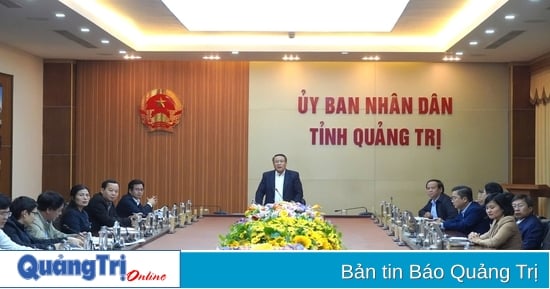

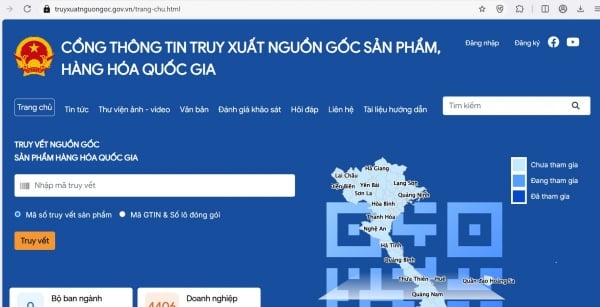


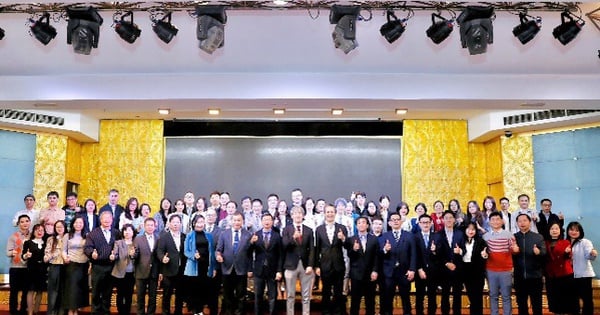

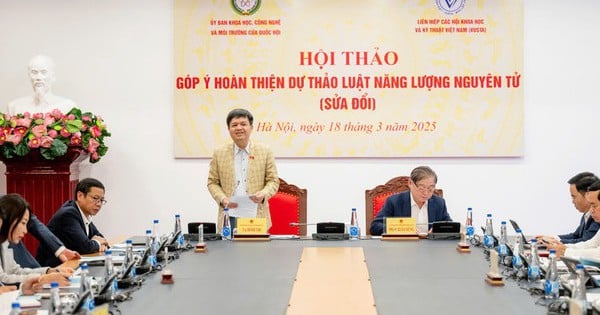
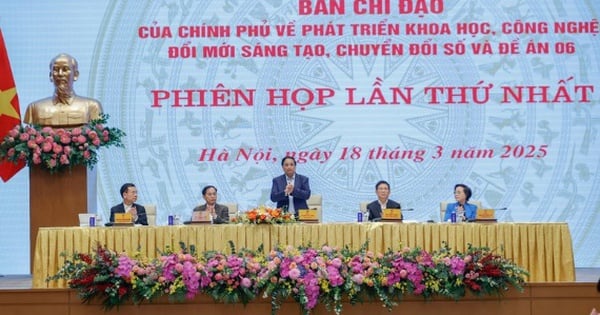


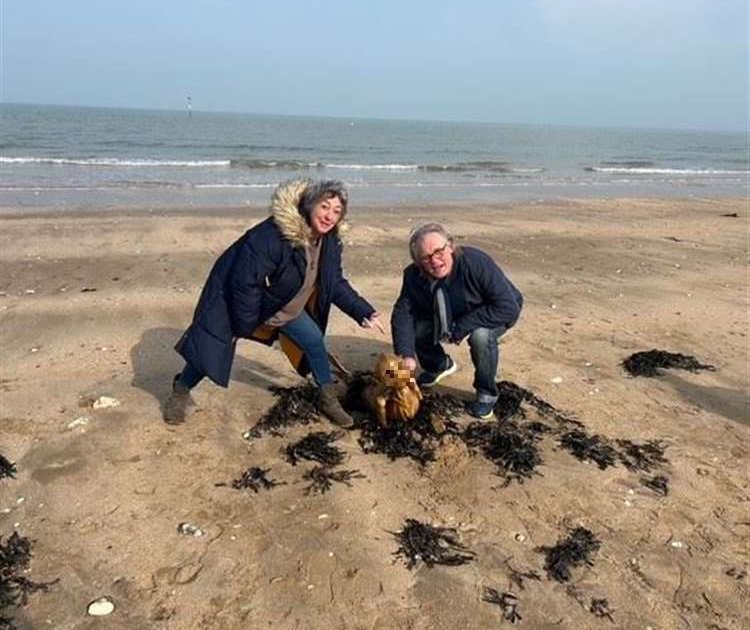

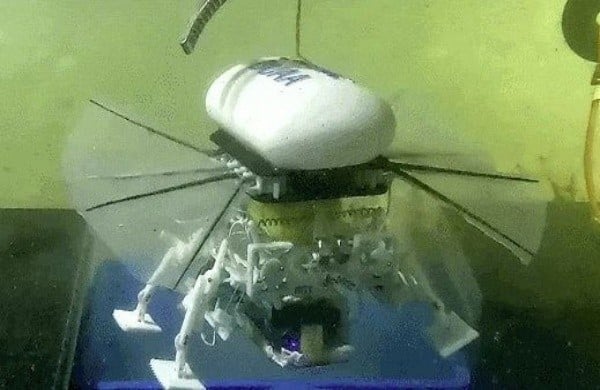





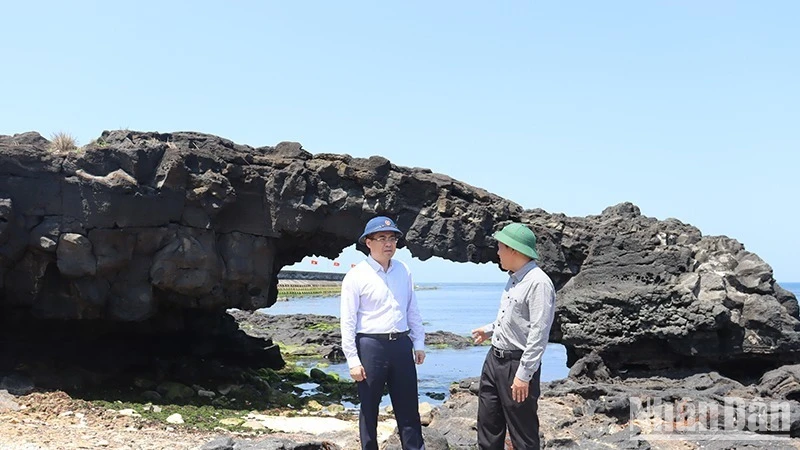



![[Photo] Singapore and Vietnam Prime Minister's wives visit Vietnam Museum of Ethnology](https://vstatic.vietnam.vn/vietnam/resource/IMAGE/2025/3/26/5f7f62b30516402db29e10c1ee43f8e2)


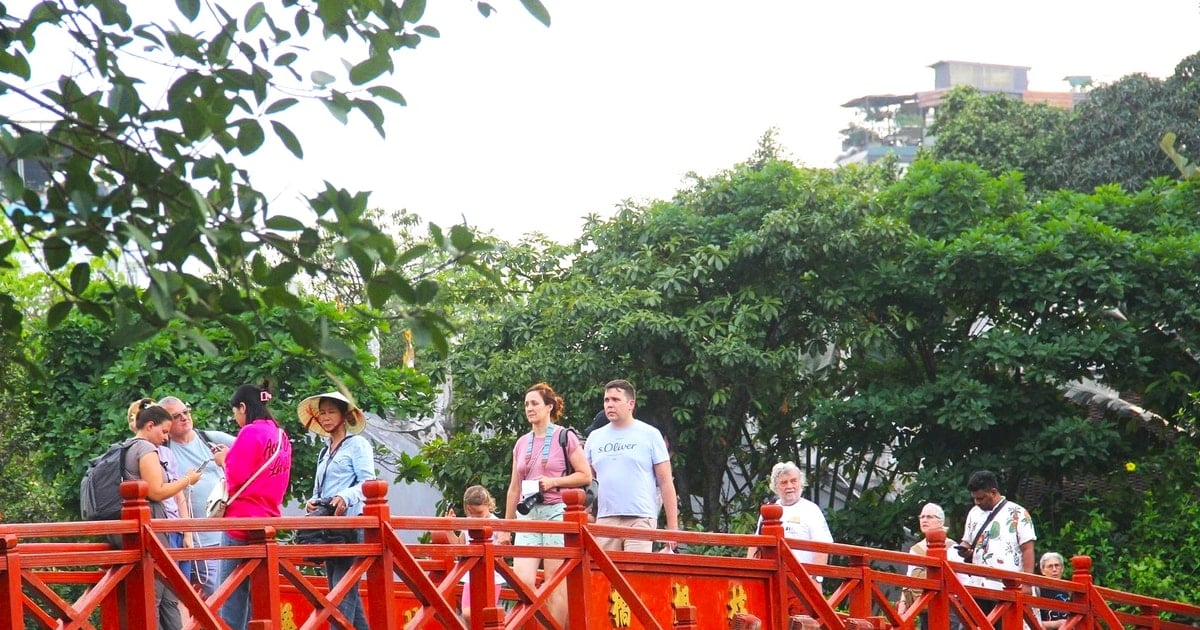

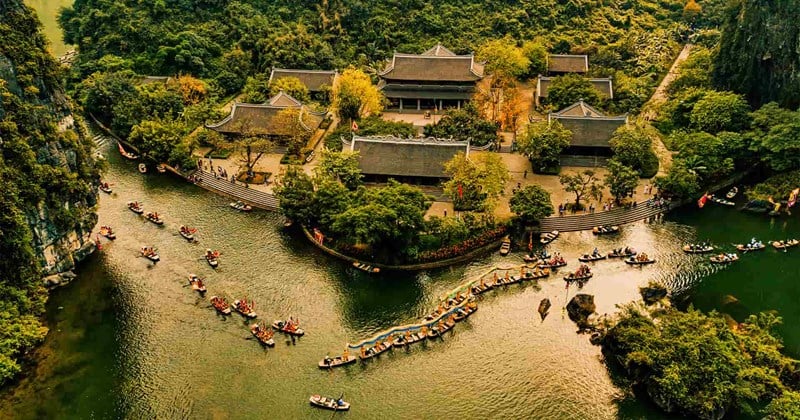

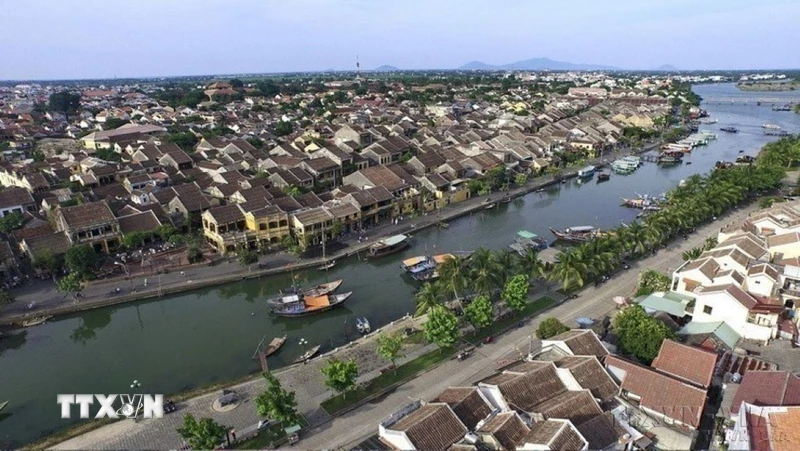



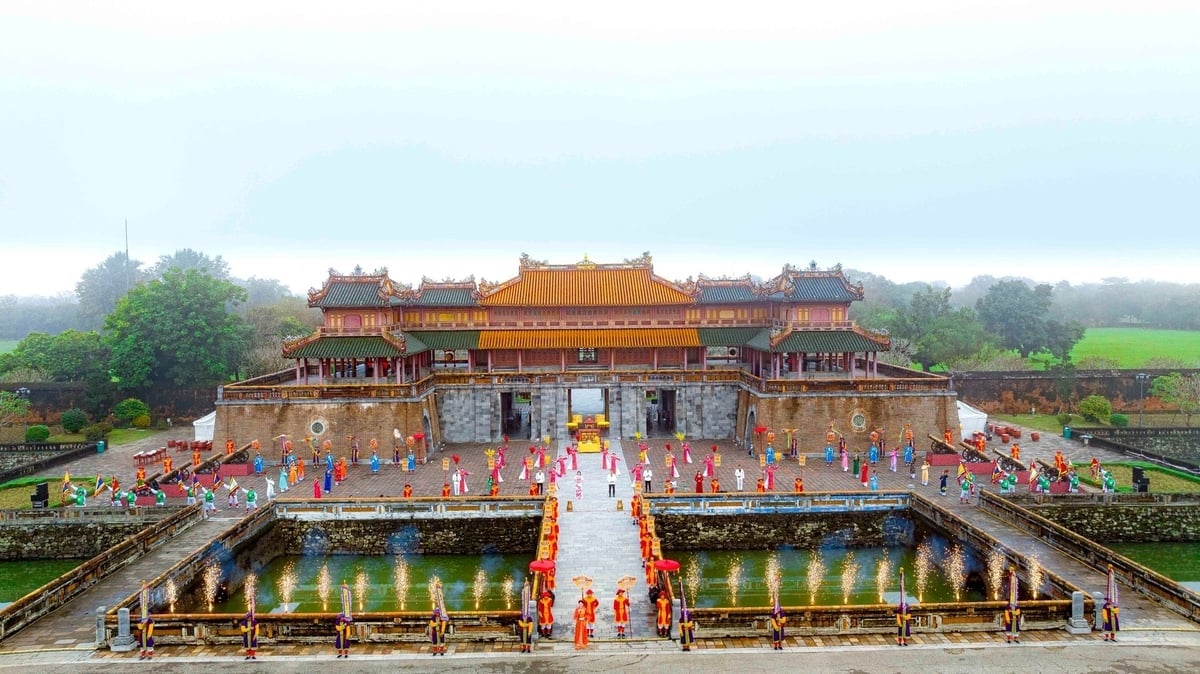

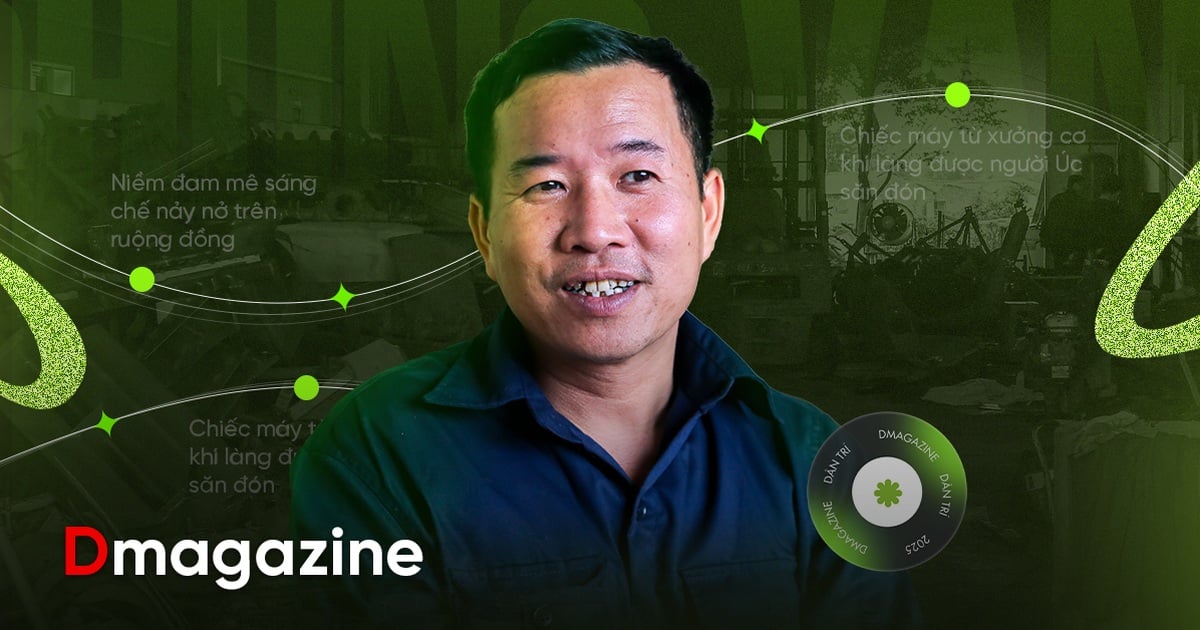

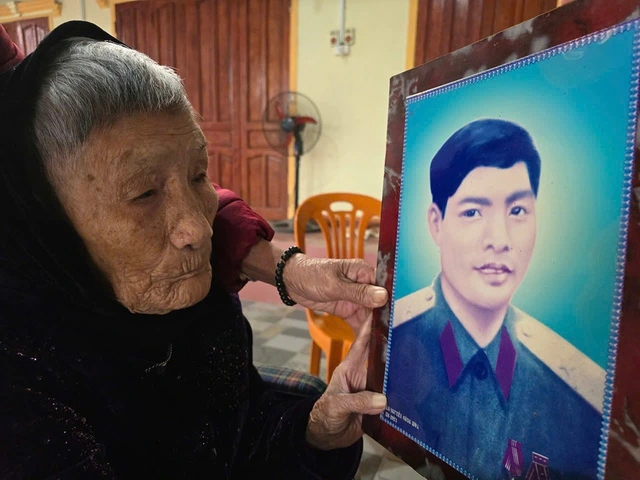



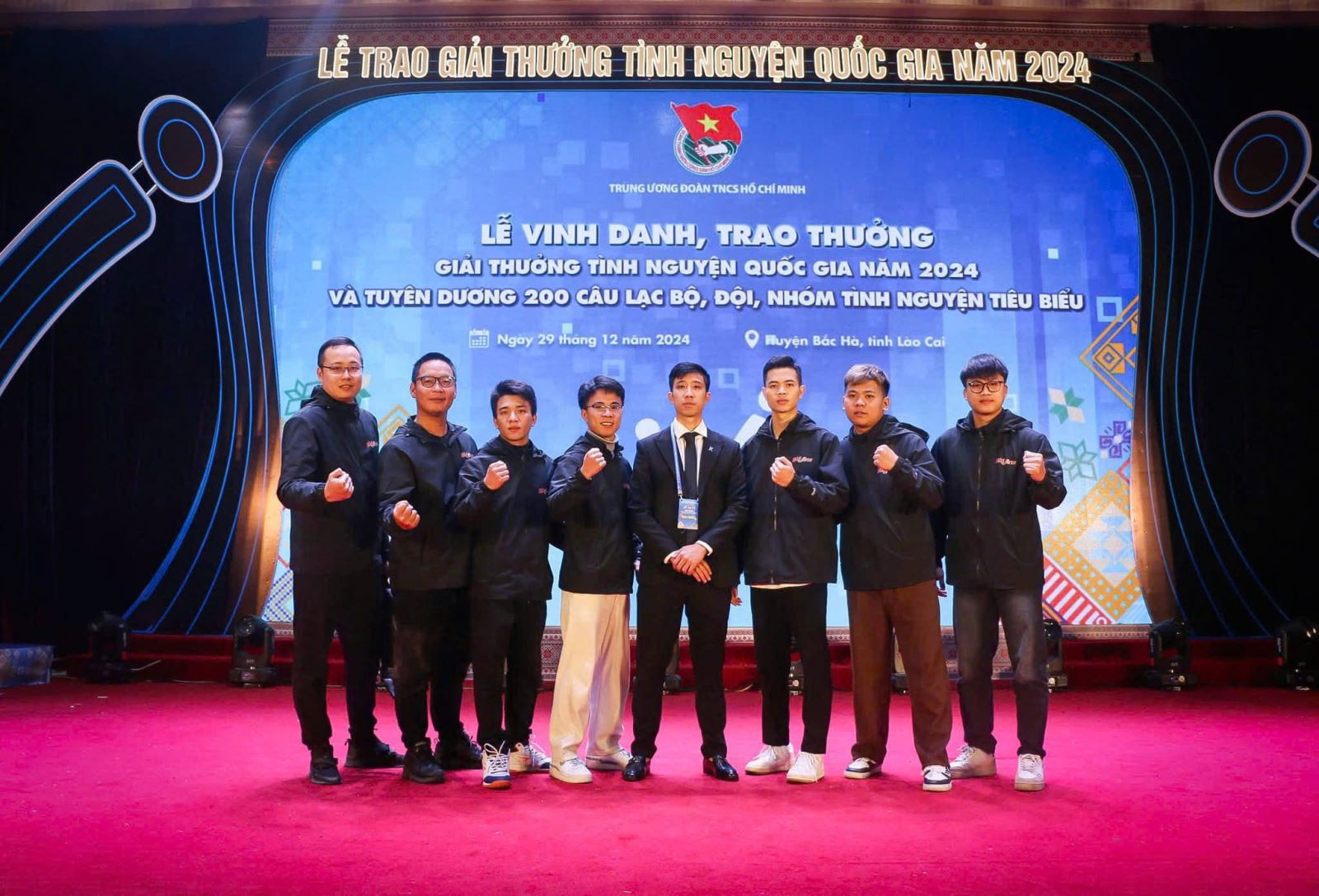









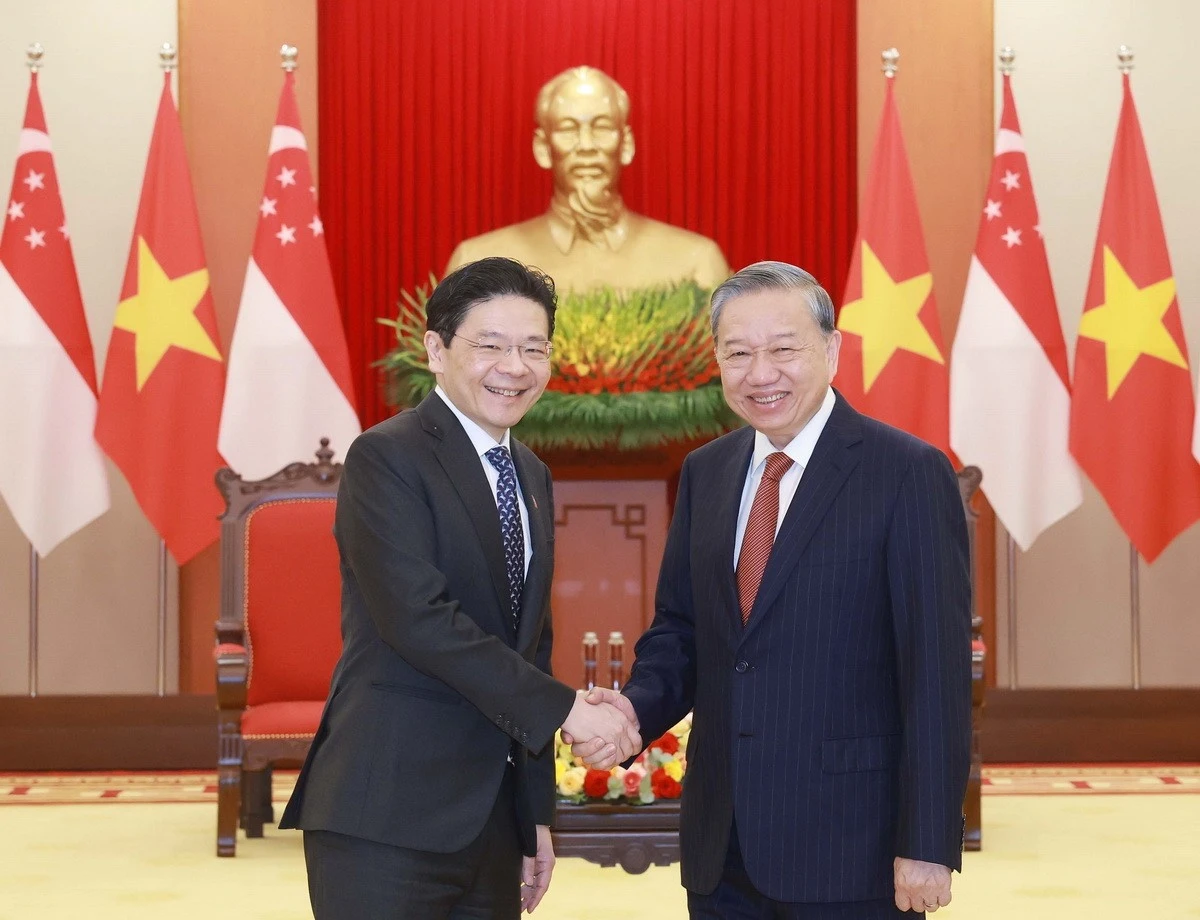
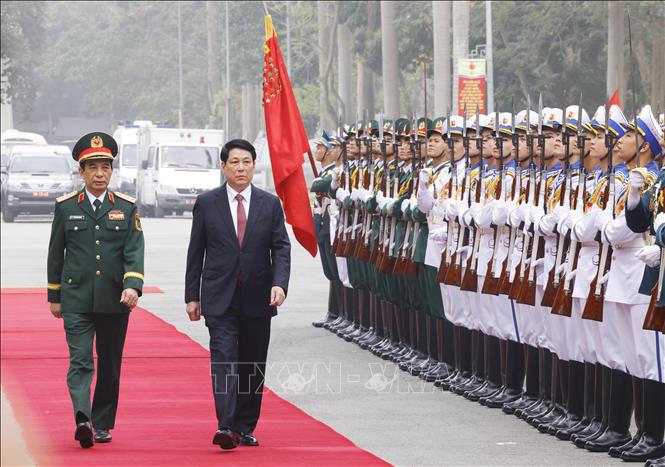
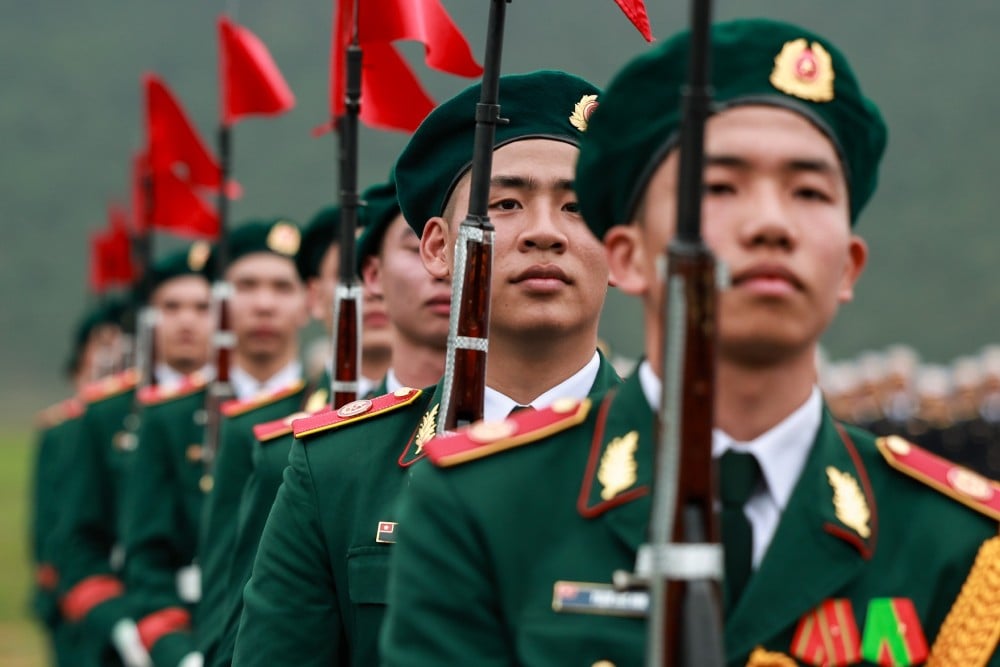

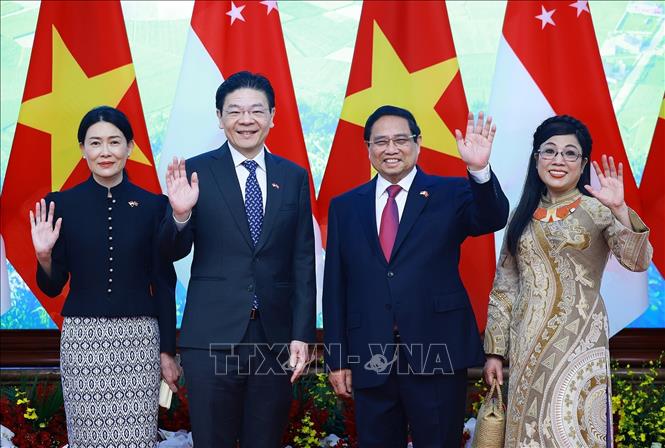
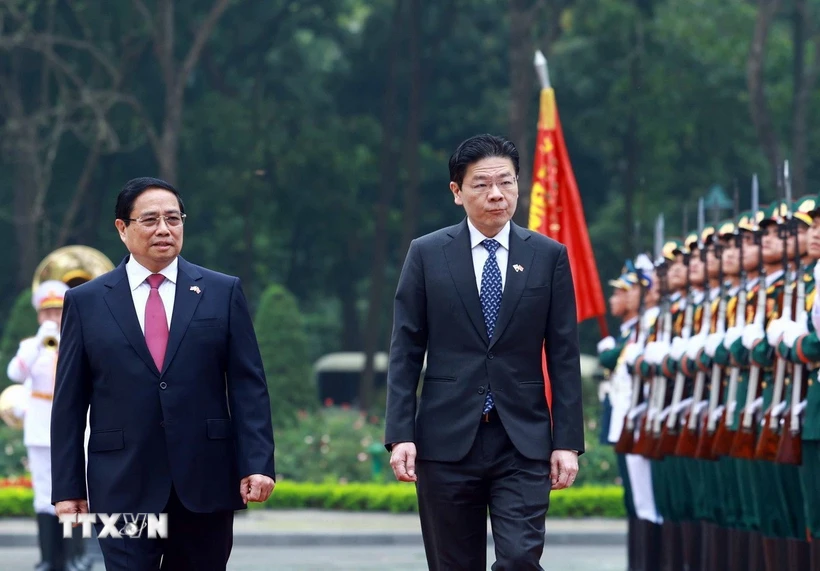
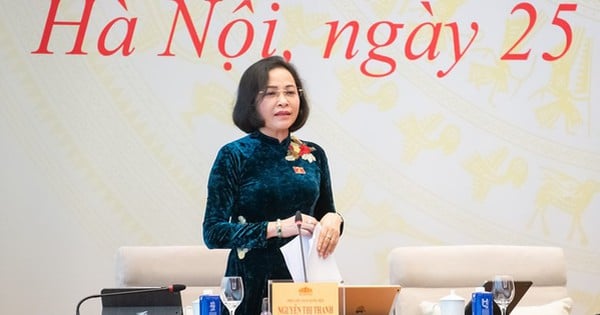



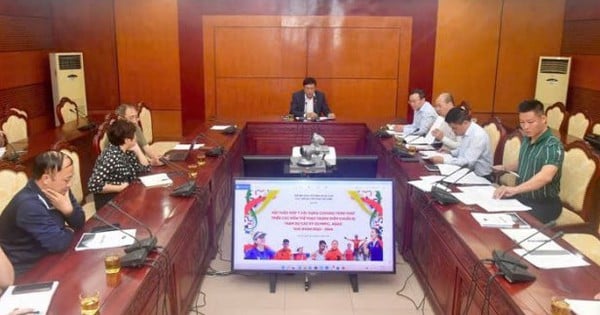
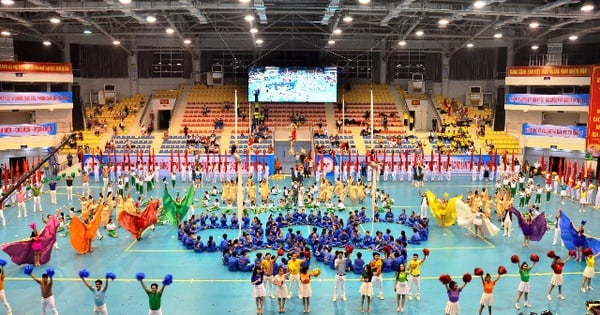
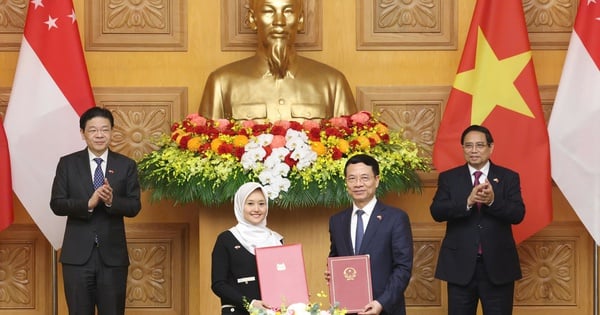
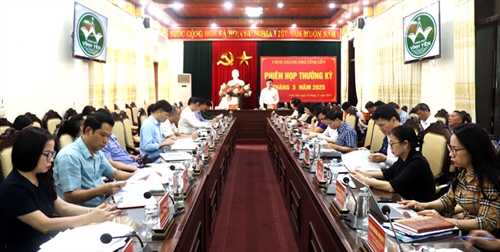
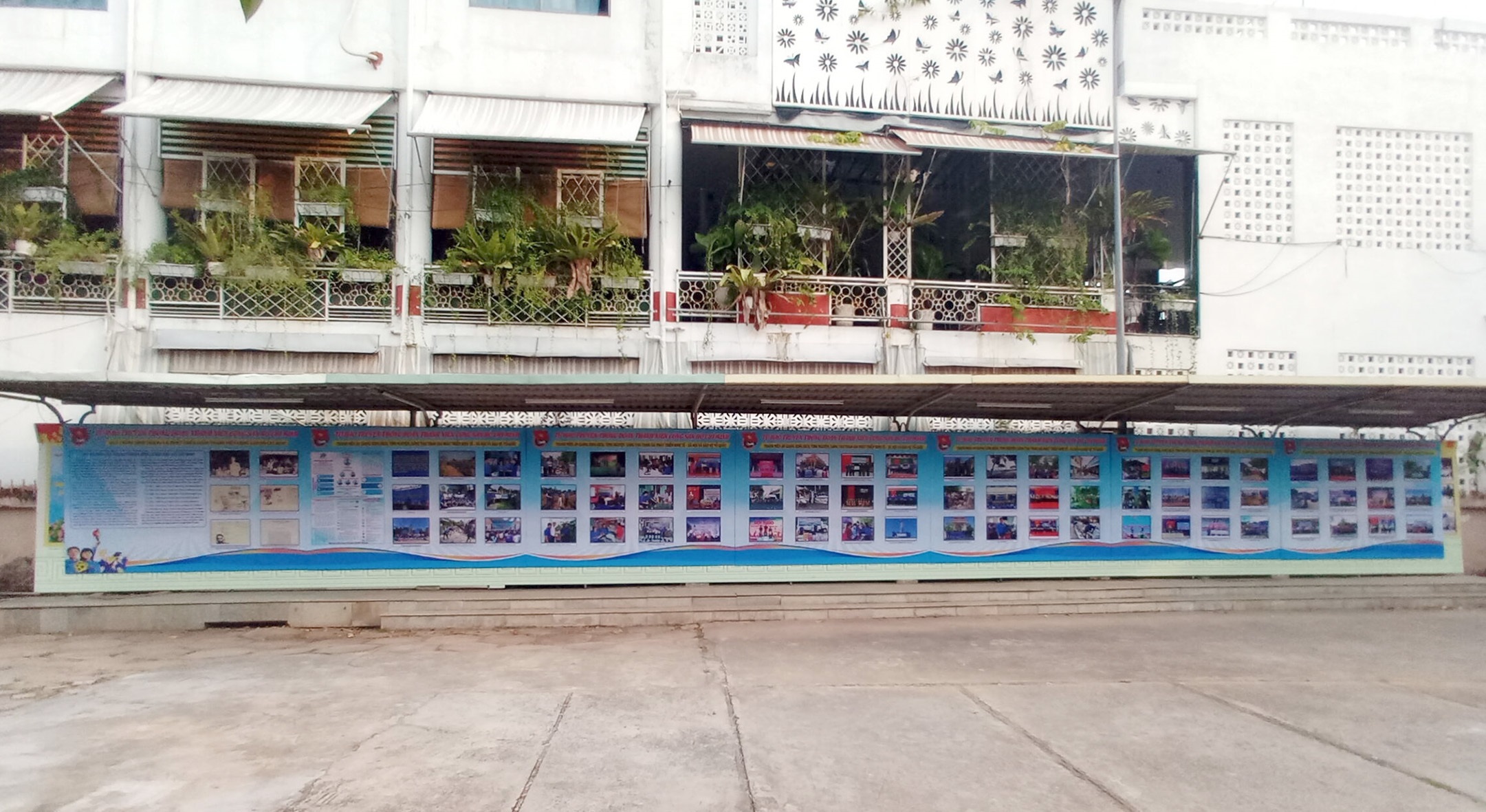
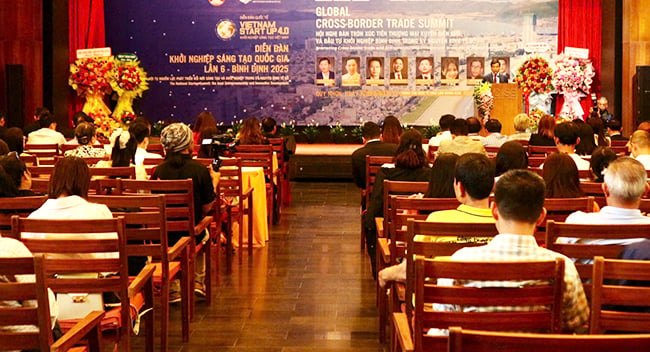
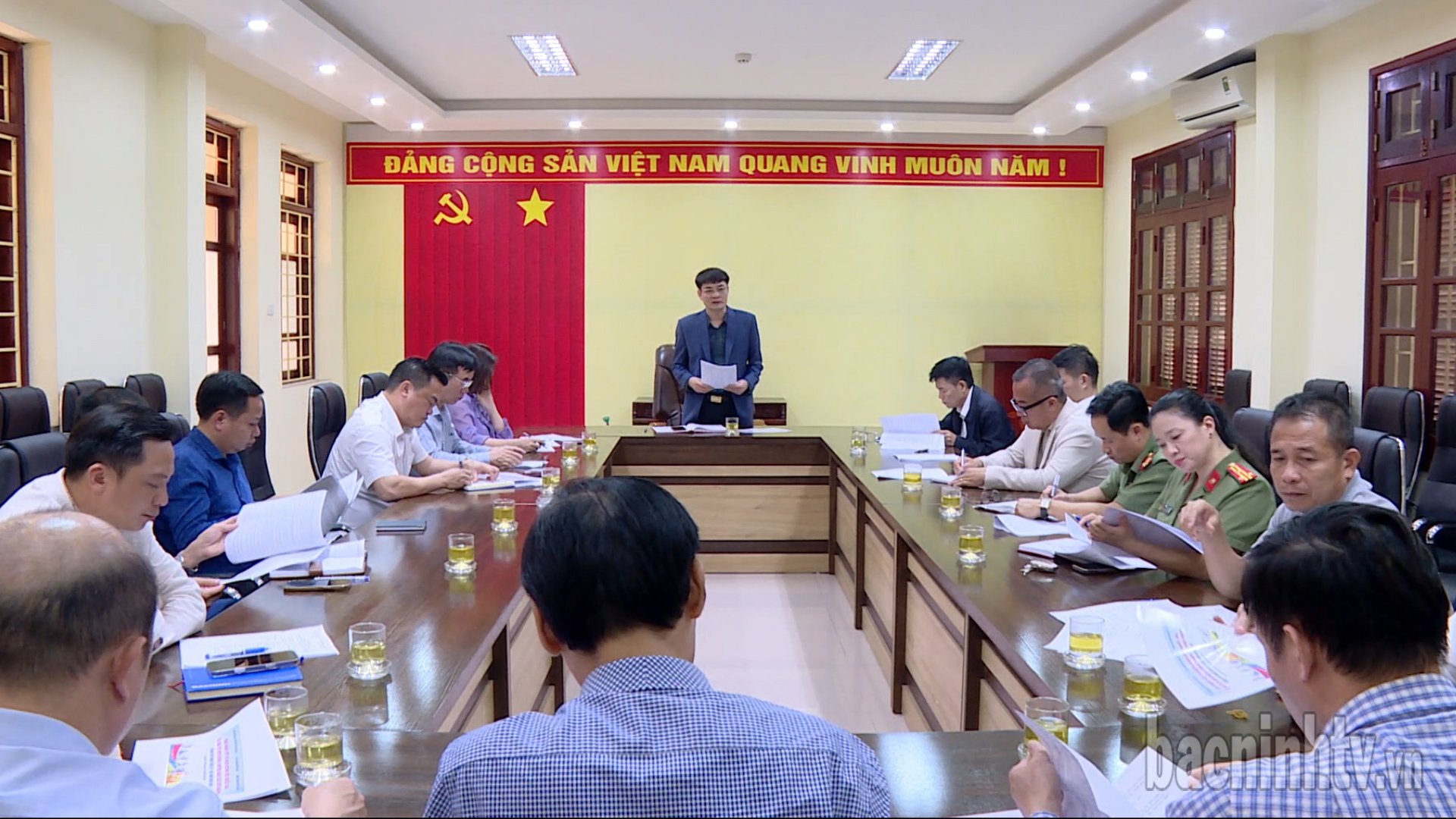
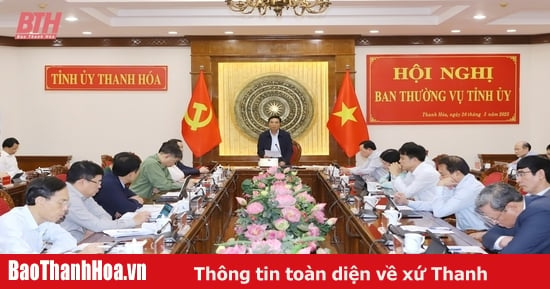
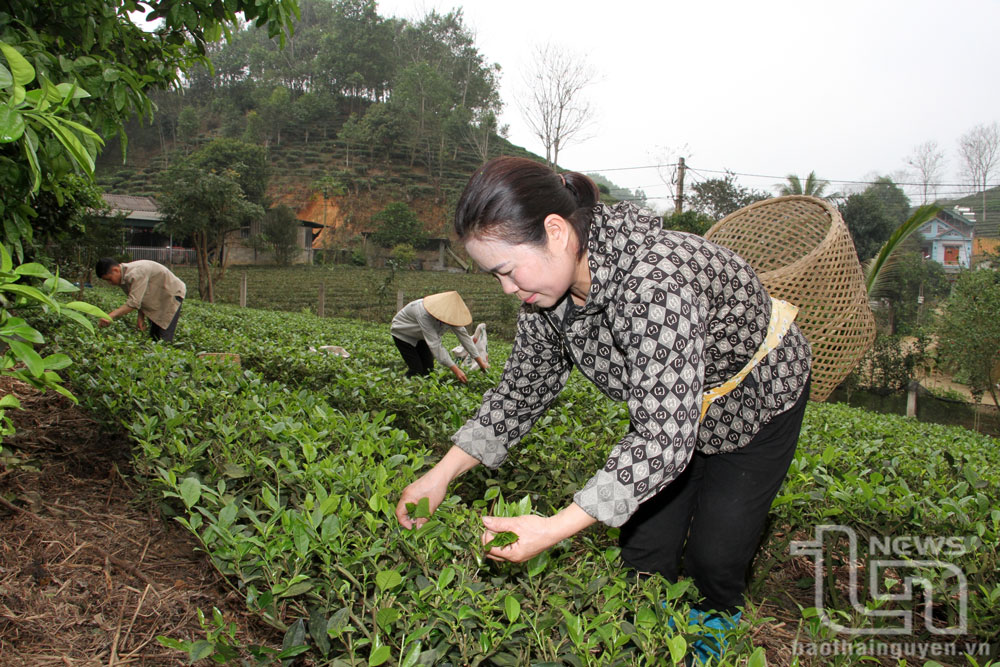
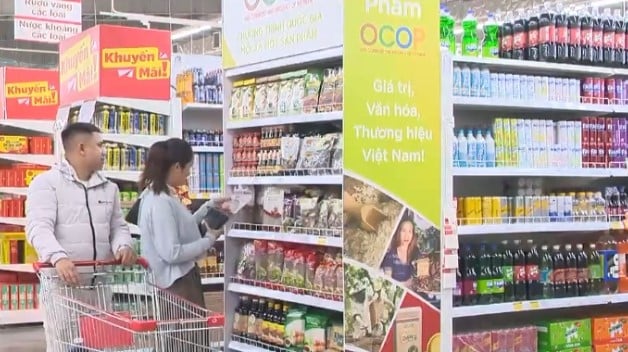

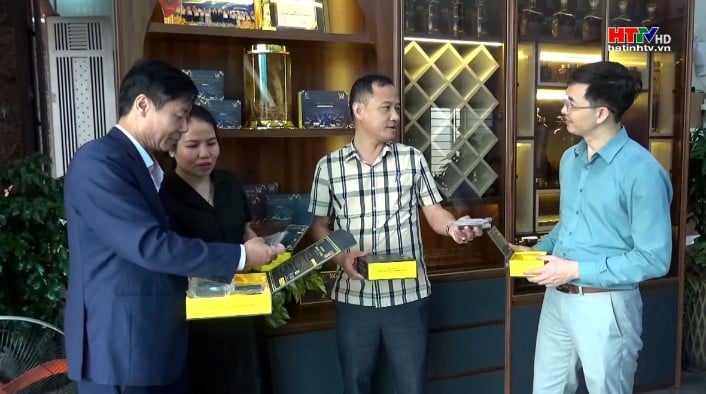
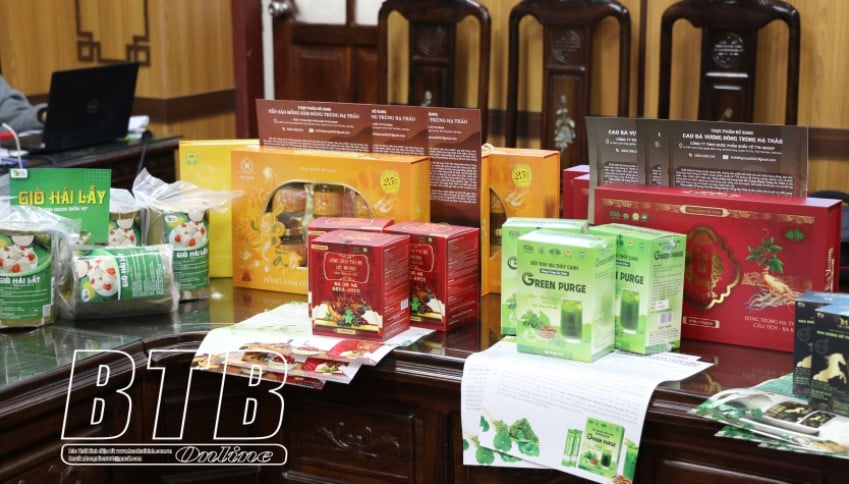

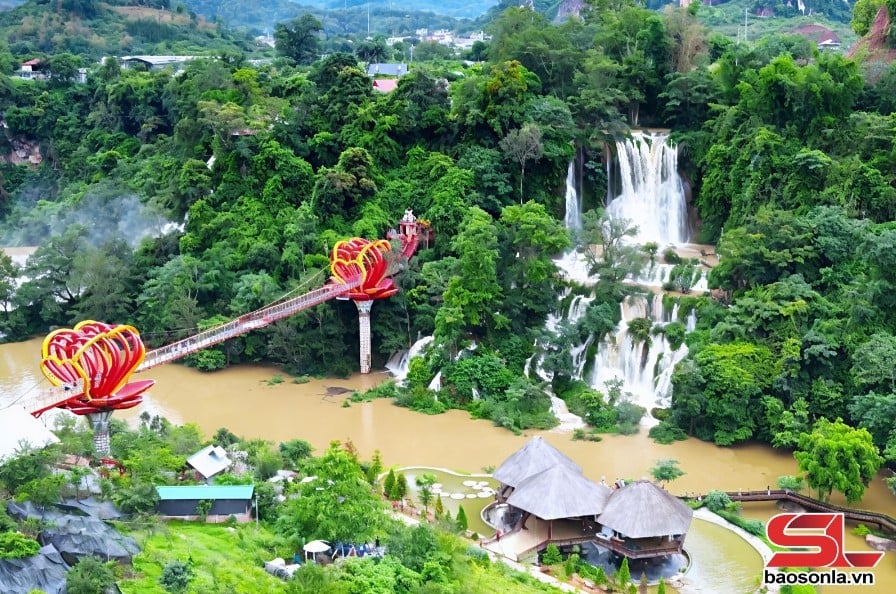


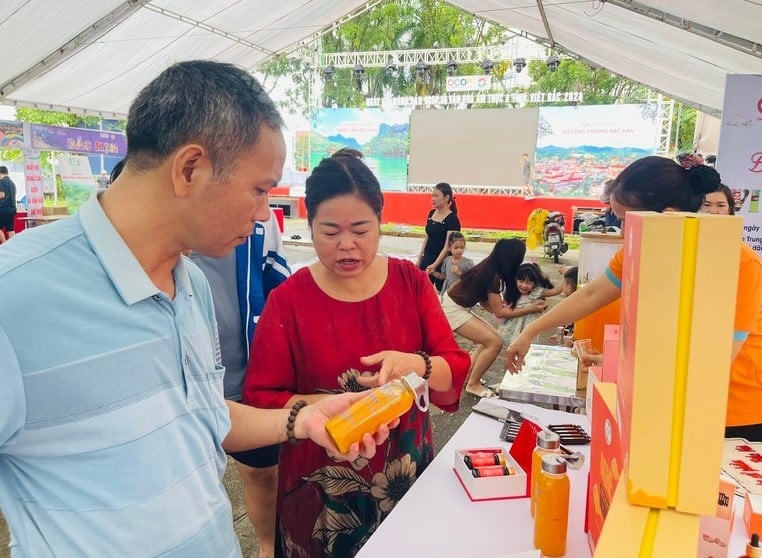
Comment (0)